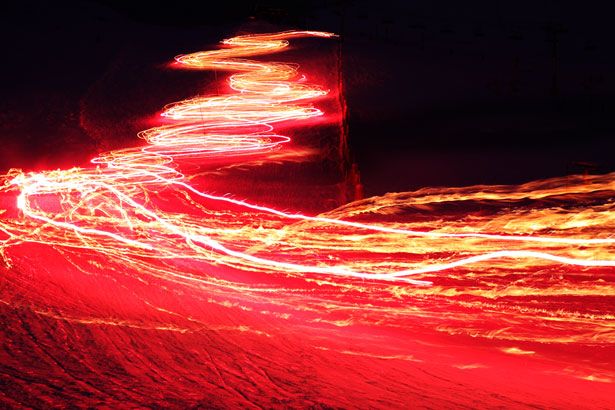Scientists researching the microbial life on volcanic vents uncovered more incredible ocean landscapes from the seafloor off the coast of California. Just check this out:
An international team, led by University of Georgia associate professor Samantha Joye, set out to explore sites in both the northern and southern Gulf of California, analyzing how microorganisms live in the hot waters by the vents. These images come from the ROV SuBastian, a remotely operated sub that can take samples and image the area around these vents, operated from the Schmidt Ocean Institute’s research vessel, Falkor.






